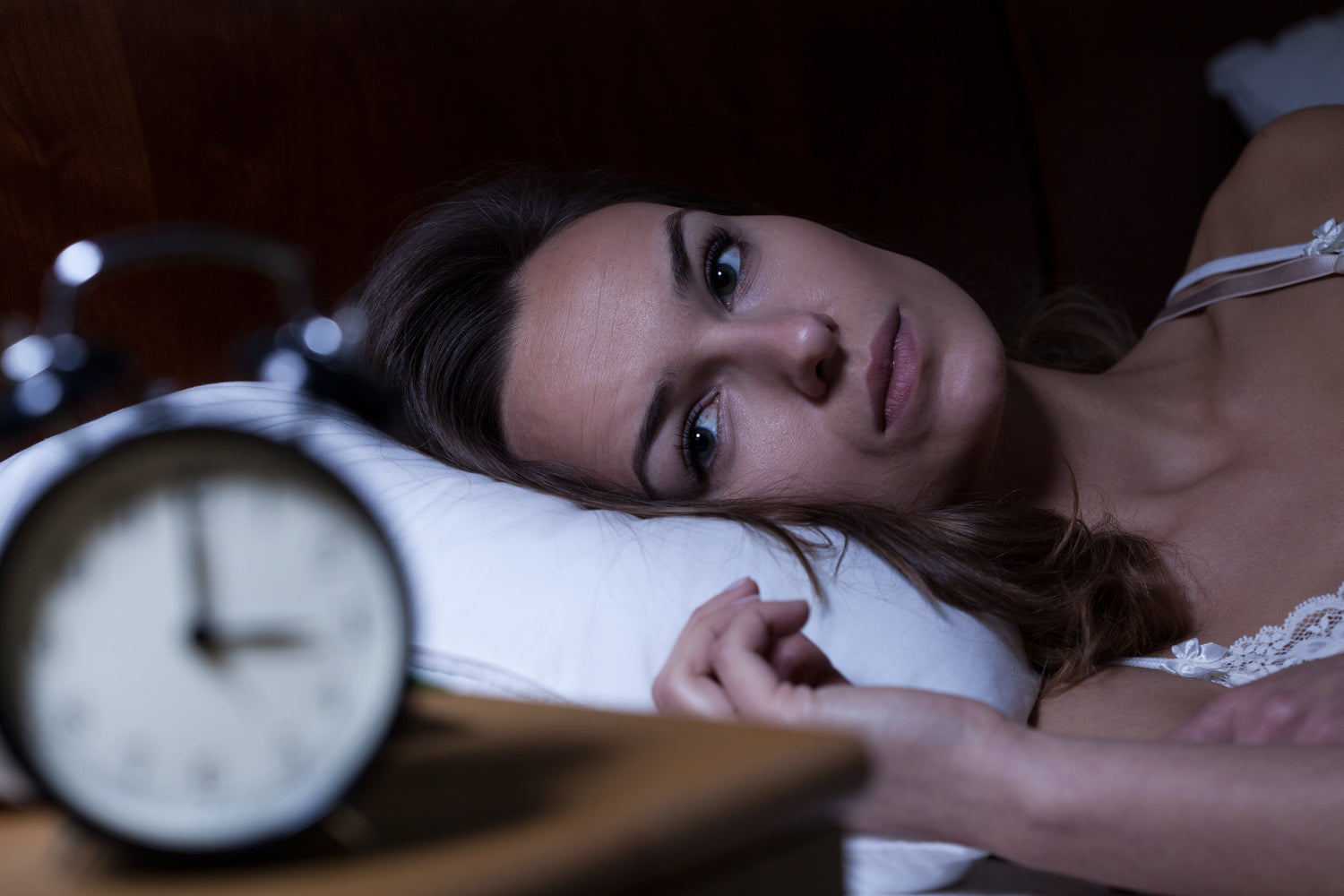In today's fast-paced world, where hustle culture reigns supreme, sleep often takes a backseat to deadlines, screens, and endless to-do lists. But skimping on shut-eye isn't just leaving you groggy, it's silently sabotaging your waistline. Emerging research reveals a vicious cycle: bad sleep disrupts your body's natural rhythms, hormones, and cravings, paving the way for unwanted weight gain. The good news? Exercise emerges as a powerful ally, not only burning calories but also restoring balance and enhancing sleep quality itself. In this feature for the Force Multiplier Magazine, we dive into the science, unpacking how poor sleep fuels weight gain and how strategic movement can turn the tide. Backed by key facts from recent studies, we'll equip you with actionable insights to optimize your rest and routines for peak performance.
The Hidden Culprit: How Bad Sleep Leads to Weight Gain
Sleep isn't just downtime, it's a critical regulator of metabolism, appetite, and energy balance. When you consistently get less than the recommended 7-9 hours per night, your body rebels in ways that stack the odds against weight control. Chronic sleep deprivation, defined as fewer than 6-7 hours nightly, triggers a cascade of physiological changes that promote overeating and fat storage.
One major mechanism involves hormonal havoc. Poor sleep ramps up ghrelin, the "hunger hormone" that signals your brain to eat more, while dialing down leptin, the "satiety hormone" that tells you when you're full. This imbalance can increase appetite and lead to consuming up to 500 extra calories daily, often from high-calorie, carbohydrate-rich foods. In one study, men who slept only 4 hours had elevated ghrelin and reduced leptin compared to those getting 10 hours, resulting in heightened cravings and diminished fullness.
Beyond hormones, sleep loss disrupts metabolism at a cellular level. It increases oxidative stress, impairs glucose tolerance (a diabetes precursor), and fosters insulin resistance, making your body less efficient at processing sugars and more prone to storing fat. Extra waking hours also create more opportunities for snacking, especially late at night when willpower wanes and circadian rhythms are thrown off. Research shows sleep-deprived individuals tend to choose energy-dense, high-fat, and high-carb snacks, exacerbating calorie surplus.
The evidence is stark across demographics. Adults with short sleep duration are 55% more likely to develop obesity, while children face an 89% higher risk. A chronic pattern of ≤6 hours per night correlates with higher body mass index (BMI) and future weight gain, particularly in men and African-Americans. Even short-term restriction, like 5 days of limited sleep, can cause immediate weight gain through increased snacking and altered food preferences. Stress amplifies this: elevated cortisol from poor rest boosts appetite and drives comfort eating.
Moreover, sleep deprivation saps energy, leading to reduced physical activity and reliance on quick fixes like caffeine and sugary treats—further fueling the cycle. In a brain-imaging study, sleep loss heightened responses to hedonic (pleasure-inducing) foods, making junk food irresistible. Over time, this can add up: just 200 extra calories daily from sleep-disrupted habits could mean gaining nearly 3 stone (about 42 pounds) in a year.

Exercise as the Ultimate Counterforce: Breaking the Cycle
While poor sleep sets the stage for weight gain, exercise acts as a force multiplier, countering these effects by boosting metabolism, curbing cravings, and even improving sleep itself. Regular physical activity doesn't just burn calories—it recalibrates your body's systems to resist the pitfalls of sleep deprivation.
First, exercise enhances sleep quality and duration, creating a virtuous loop. Aim for at least 150 minutes of moderate-intensity aerobic activity (like brisk walking) or 75 minutes of vigorous exercise (such as running) weekly; this can reduce daytime sleepiness, improve concentration, and help you fall asleep faster. Studies show that consistent movement, especially outdoors with natural light, aligns circadian rhythms and counters the fatigue from poor rest. In one trial, participants who extended sleep through hygiene tips (like consistent bedtimes) reported greater willingness to exercise and fewer evening cravings for sweets and salts.
On the metabolic front, exercise mitigates hormone disruptions. Even amid sleep debt, workouts restore muscle protein synthesis, improve glucose control, and protect against strength and muscle loss. A landmark study found that during calorie restriction, those sleeping 8.5 hours lost 55% more body fat than those limited to 5.5 hours—but exercise amplifies this by shifting energy use toward fat oxidation and away from carbs. Poor sleep alone can slash fat loss by 55% in dieters, but pairing it with activity preserves lean mass and boosts total energy expenditure.
Motivation surges with better rest, but exercise bridges the gap when sleep falters. Sleep-deprived folks often skip workouts due to low energy, yet pushing through increases alertness and reduces sedentary time. Research indicates that active individuals expend more calories daily, even if sleep is subpar, helping achieve a deficit for weight loss. In a year-long maintenance study, those averaging ≥6 hours of sleep kept weight off, but exercise likely amplified this by curbing regain (up to 5 kg less in maintainers).
Finally, exercise combats obesity-related comorbidities worsened by poor sleep, like sleep apnea and depression. Weight loss from activity can resolve apnea, easing breathing interruptions that fragment rest. Overall, integrating movement—like strength training or HIIT—into your routine not only counters weight gain but sustains long-term health.
Reclaim Your Edge: Sleep Smart, Move Strong
The interplay between sleep, weight, and exercise is a force multiplier for your well-being. Bad sleep stealthily adds pounds through hormonal shifts, metabolic slowdowns, and impulsive eating, but exercise fights back by energizing your body, optimizing fat burn, and fostering restorative rest. Prioritize 7-9 hours nightly with habits like dark rooms, early bedtimes, and stress reduction. Combine it with consistent activity, and you'll amplify your results—whether shedding weight or building resilience. Remember, true performance isn't about grinding harder; it's about recovering smarter. Sweet dreams, stronger you.
Disclaimer: Consult a fitness professional before starting any new workout, especially if you have pre-existing injuries. Listen to your body and adjust weights or reps as needed. Always consult a healthcare provider before starting any workout program or physical activity to make sure that you're healthy enough.
The content contained in this article is for information purposes only, and is not meant to be a substitute or replacement for professional advice and medical consultation. It is just shared as information only, and with the understanding that Directional Force, LLC, (Directional Force) is not engaged in the provision or rendering of medical advice or services whatsoever. You unilaterally understand and agree that Directional Force shall not be liable for any claim, loss, or damage arising out of the use of, or reliance upon any content or information in this article or any article provided by Directional Force. Please seek professional medical advice prior to engaging in, or undertaking any of the content, exercises, advice, and workouts provided by Directional Force.


